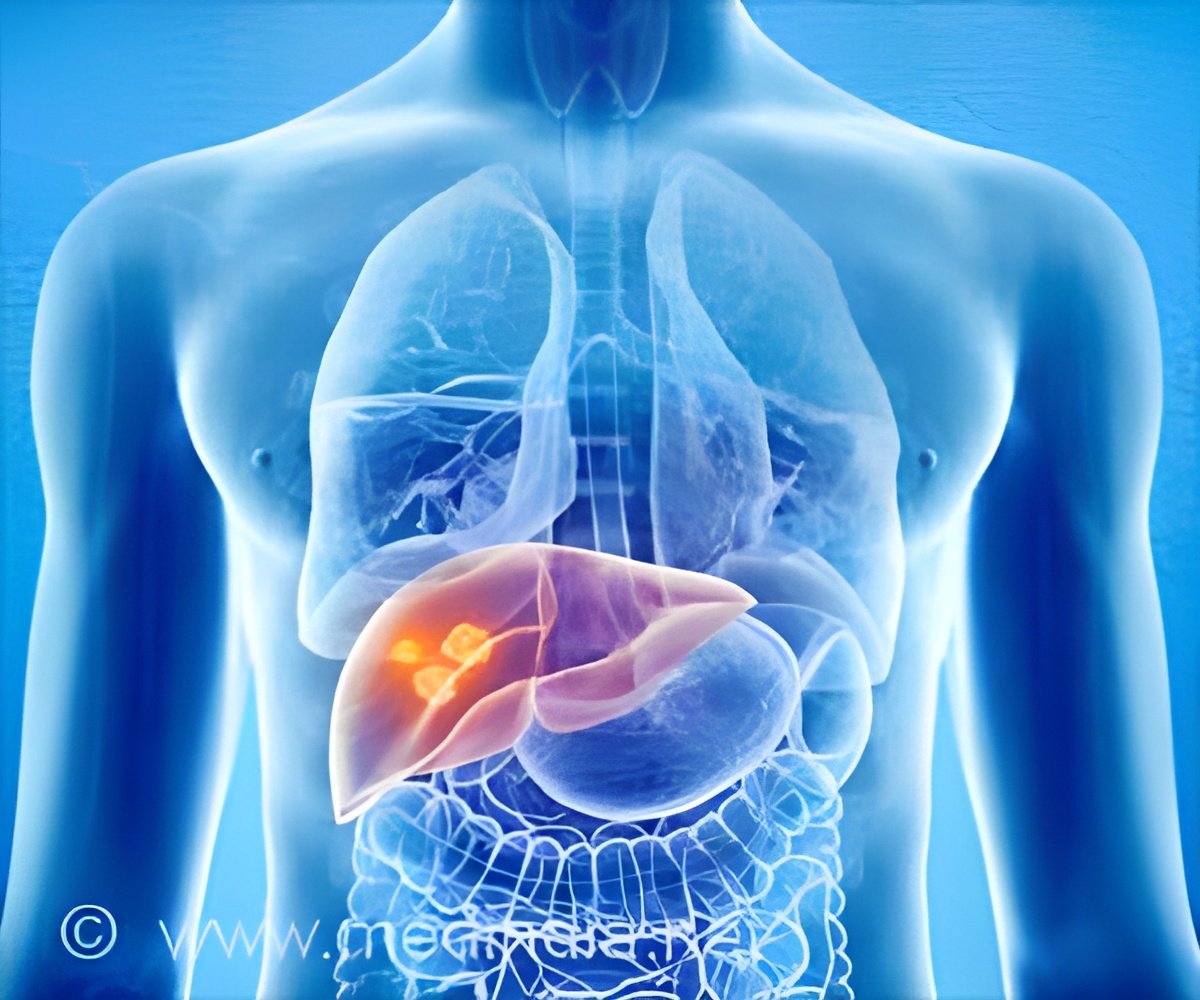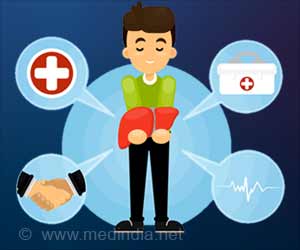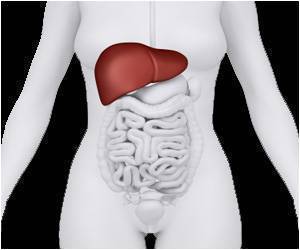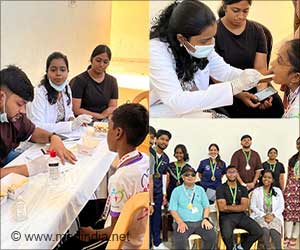
‘Liver disease is the fifth biggest killer in the UK, and the third most common cause of premature death and the number of cases is continuing to rise. However, the discovery new liver cell may revolutionize the medical world in a positive way.’
Read More..Tweet it Now
The team examined HHyPs and found that they resemble mouse stem cells which have been found to rapidly repair mice liver following major injuries, such as occurs in cirrhosis.Read More..
Lead author Dr. Tamir Rashid from the Centre for Stem Cells & Regenerative Medicine at King's College London said: "For the first time, we have found that cells with true stem cell-like properties may well exist in the human liver. This, in turn, could provide a wide range of regenerative medicine applications for treating liver disease, including the possibility of bypassing the need for liver transplants."
Liver disease is the fifth biggest killer in the UK* and the third most common cause of premature death and the number of cases is continuing to rise. It can be caused by lifestyle issues such as obesity, viruses, alcohol misuse or by non-lifestyle issues such as autoimmune and genetic mediated disease.
Symptoms of liver disease include jaundice, itching, and feelings of weakness and tiredness and in more severe cases, cirrhosis. The only treatment for severe liver diseases at present is a liver transplant which can lead to a lifetime of complications and for which the need for donor organs greatly outweighs the increasing demands.
"We now need to work quickly to unlock the recipe for converting pluripotent stem cells into HHyPs so that we could transplant those cells into patients at will. In the longer term, we will also be working to see if we can reprogramme HHyPs within the body using traditional pharmacological drugs to repair diseased livers without either cell or organ transplantation," said Dr. Rashid.
Advertisement
Source-Eurekalert













